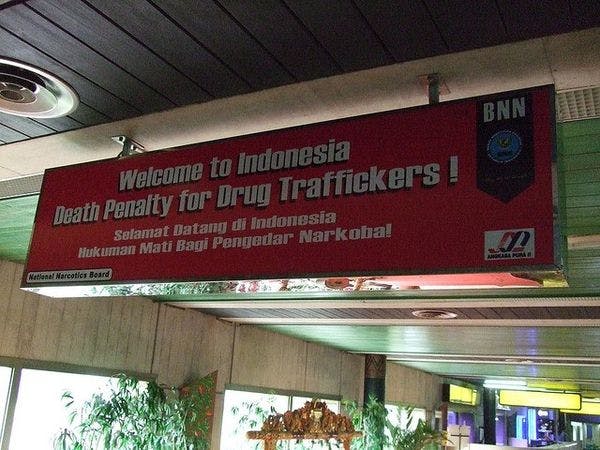Las ejecuciones de personas por delitos de drogas no ayudarán a Indonesia
El uso de la pena de muerte en Indonesia es contraproducente y constituye una violación de las leyes internacionales de derechos humanos. Más información, en inglés, está disponible abajo.
Suscríbase a las Alertas mensuales del IDPC para recibir información sobre cuestiones relacionadas con políticas sobre drogas.
By Ricky Gunawan & Ajeng Larasati
Indonesian President Joko “Jokowi” Widodo was elected in July 2014. Hailed as a man of the people, his campaign was built on a platform of human rights. But on January 18, Jokowi placed himself in a category of his own: he became the first president of Indonesia to execute six people in one night since the country’s democratic reformation in 1998.
The people sentenced to death were people convicted of drug trafficking. Five of the six were foreigners, which prompted a swift and emphatic international outcry. Three of the countries whose citizens were among the executed recalled their ambassadors from Indonesia, and several advocacy groups condemned the executions in no uncertain terms.
The uproar is well founded—using the death penalty to solve a country’s drug problems is not a solution at all. The Community Legal Aid Institution in Jakarta,Lembaga Bantuam Hukum Masyarakat (LBHM), worked tirelessly to stop Sunday’s executions.
Click here to read the full article.
Keep up-to-date with drug policy developments by subscribing to the IDPC Monthly Alert.
Regiones
Perfiles relacionados
- Open Society Foundations (OSF)
